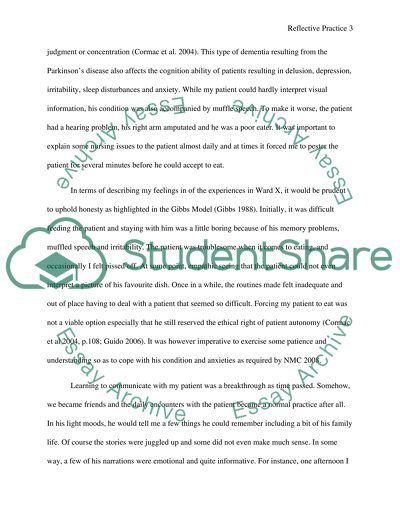Cite this document
(“Personal experience at a community healthcare facility Essay”, n.d.)
Personal experience at a community healthcare facility Essay. Retrieved from https://studentshare.org/nursing/1468911-reflective-essay-on-feeding-a-patient
Personal experience at a community healthcare facility Essay. Retrieved from https://studentshare.org/nursing/1468911-reflective-essay-on-feeding-a-patient
(Personal Experience at a Community Healthcare Facility Essay)
Personal Experience at a Community Healthcare Facility Essay. https://studentshare.org/nursing/1468911-reflective-essay-on-feeding-a-patient.
Personal Experience at a Community Healthcare Facility Essay. https://studentshare.org/nursing/1468911-reflective-essay-on-feeding-a-patient.
“Personal Experience at a Community Healthcare Facility Essay”, n.d. https://studentshare.org/nursing/1468911-reflective-essay-on-feeding-a-patient.


